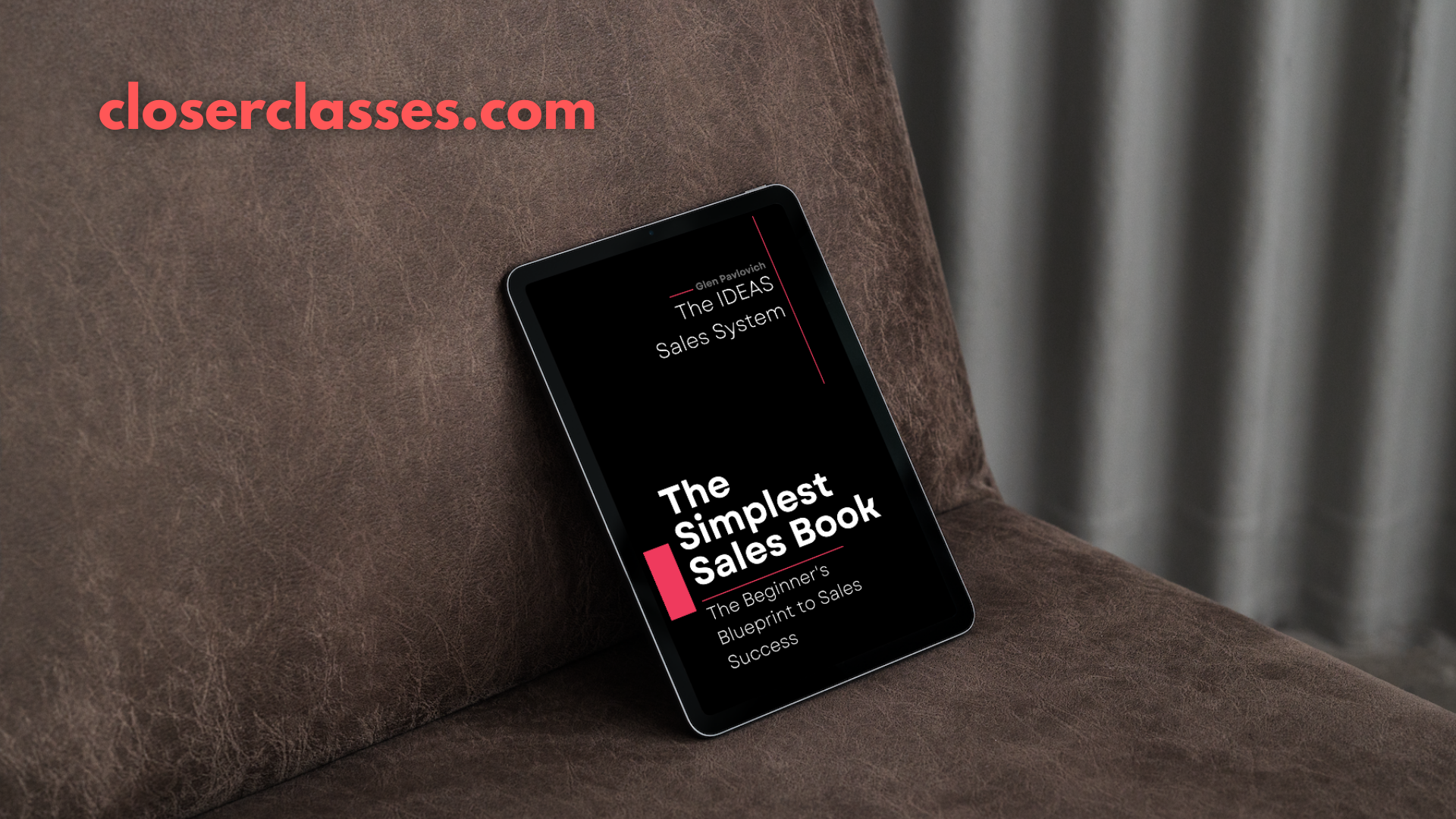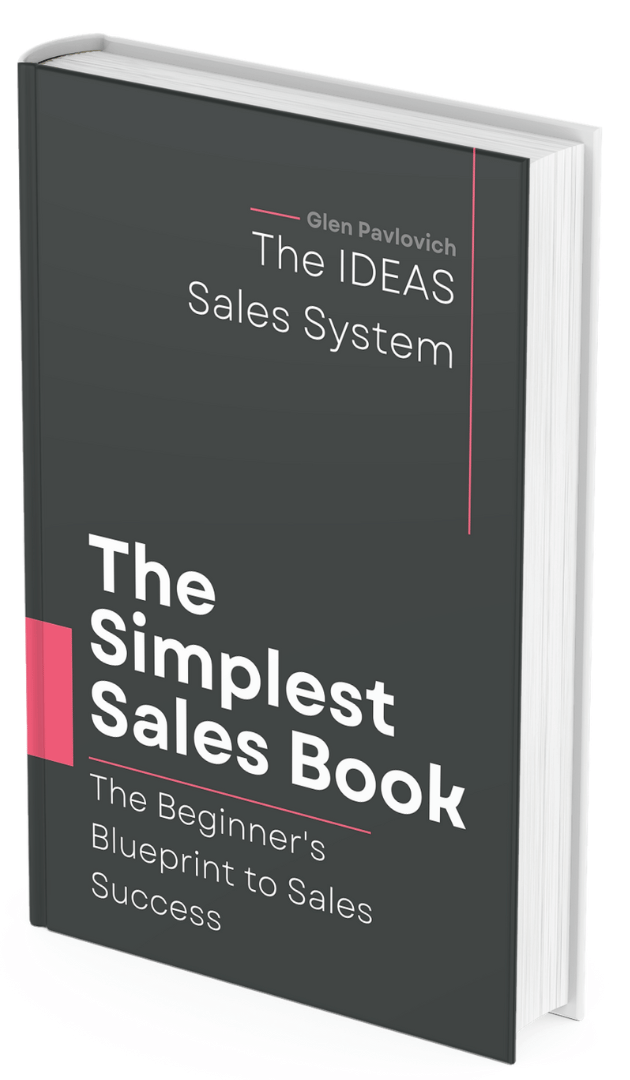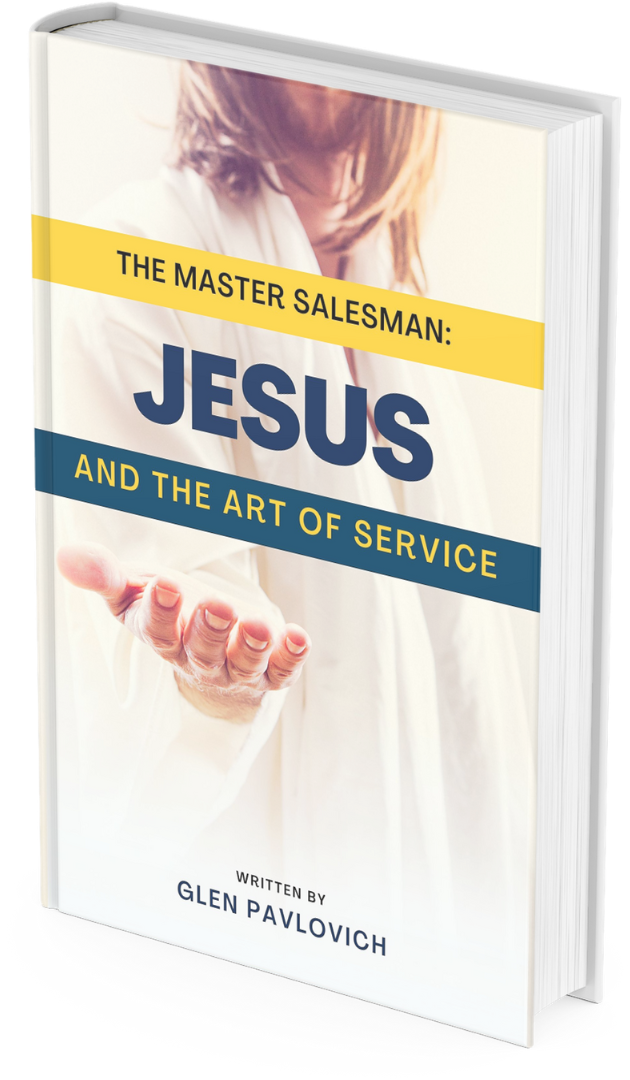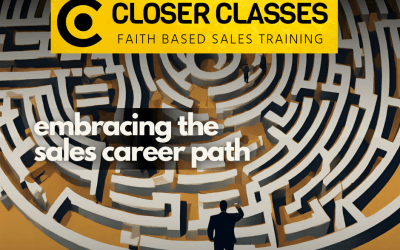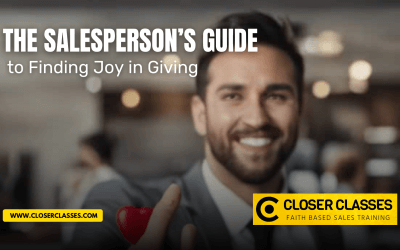In the high-stakes game of sales, it’s tempting to think that bending the truth is a shortcut to success. But let’s get one thing straight: Authenticity isn’t just a buzzword; it’s the bedrock of long-lasting, meaningful customer relationships. In this article, we’ll delve into why honesty is not just morally right but also commercially smart.
The Cost of Dishonesty
Dishonesty might seem like a quick win, but it’s a long-term loss. Here are some reasons why:
- Loss of Trust: Once trust is broken, it’s almost impossible to rebuild. Trust is the currency of sales, and without it, you’re bankrupt in the eyes of your customer.
- Reputation Risk: In the age of social media, word travels fast. One dishonest move can tarnish your reputation, making it difficult to recover.
- No Repeat Business: If you deceive a customer once, they’re unlikely to give you a second chance. You might win a battle but lose the war.
What Dishonesty Reveals About You
When you lie or bend the truth, it sends a clear message to your customers:
- Unreliable: If you can lie about one thing, what stops you from lying about something else?
- Deceitful: It shows you’re willing to mislead to get what you want.
- Lack of Principles: It’s a red flag that you lack a moral compass, which is not a trait people look for in someone they do business with.
The Power of Belief
The antidote to dishonesty is belief. The Triad of Belief is a powerful framework that consists of:
- Belief in Your Industry: When you understand the value your industry brings, you don’t need to exaggerate.
- Belief in Your Product or Company: Genuine passion for what you’re selling is palpable and eliminates the need for deception.
- Belief in Yourself: When you’re confident in your abilities, you don’t need to resort to dishonest tactics.
These principles are elaborated in my book, The Simplest Sales Book: The Beginner’s Blueprint to Sales Success, which serves as a comprehensive guide for salespeople at all levels.
Handling Mistakes
We’re all human, and mistakes happen. The key is how you handle them:
- Admit Them: The first step in correcting a mistake is acknowledging it.
- Take Responsibility: Show maturity by owning up to your errors.
- Apologize: A sincere apology can go a long way in mending fences.
- Make It Right: Go the extra mile to correct the situation, whether it’s by offering an additional service or providing the right information.
Conclusion
Authenticity is the cornerstone of any successful sales strategy. It’s not just about closing a deal; it’s about building relationships based on trust and mutual respect. If you’re looking to deepen your understanding of these principles, The Simplest Sales Book: The Beginner’s Blueprint to Sales Success is a resource worth considering. And for those who want to take their skills to the next level, one-on-one coaching at Closer Classes can provide personalized guidance.
The customer is ready to buy. He needs you to help him believe.
Article Summary
This article explores the critical role of authenticity in sales, highlighting the long-term costs of dishonesty and the importance of belief in your industry, product, and yourself. It also provides practical tips on how to handle mistakes and build trust with customers.

